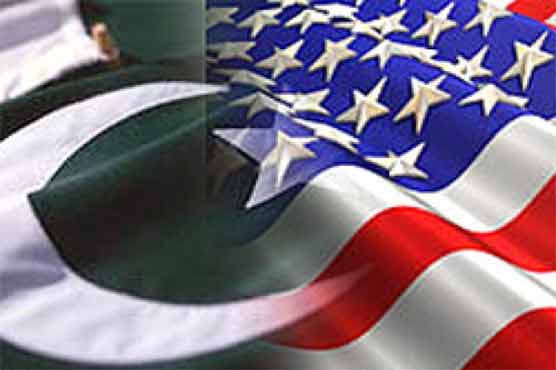US to sign liberal BIT with Pakistan

US is negotiating with Islamabad for signing of a liberal bilateral investment treaty.

US is negotiating with Islamabad for signing of a liberal bilateral investment treaty.